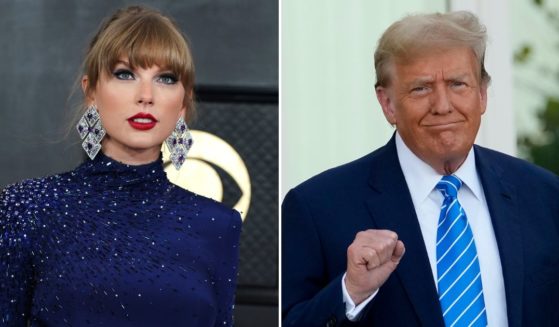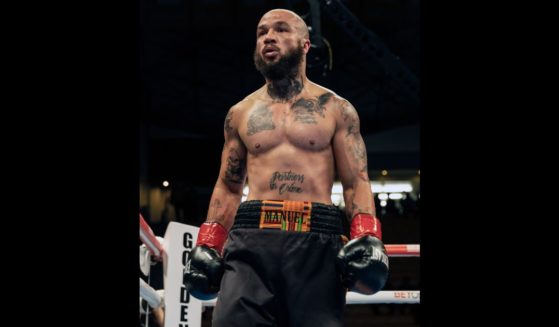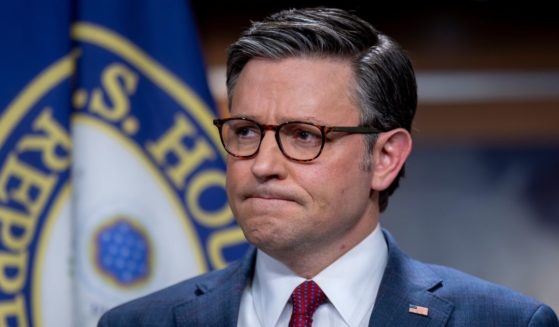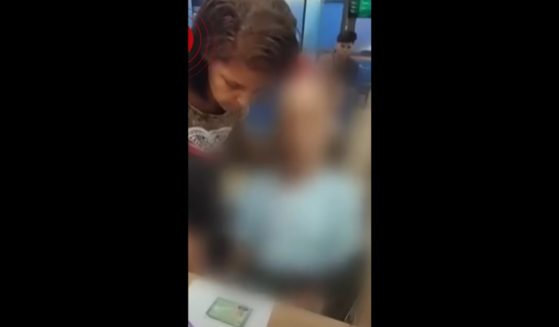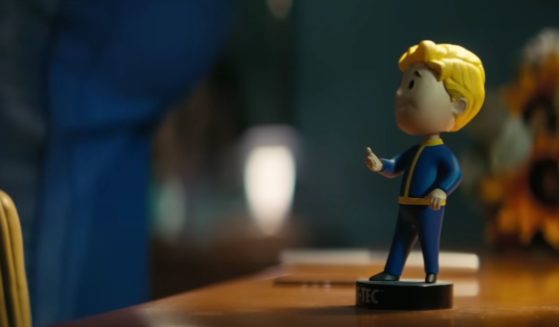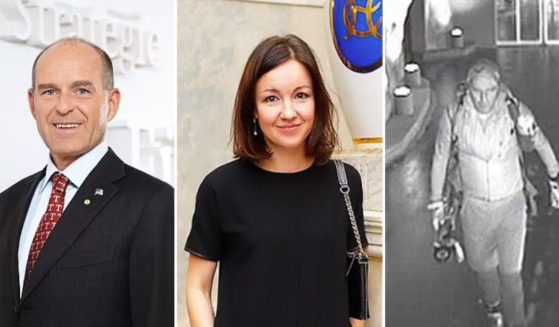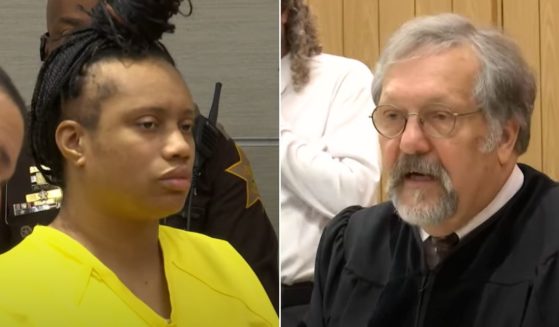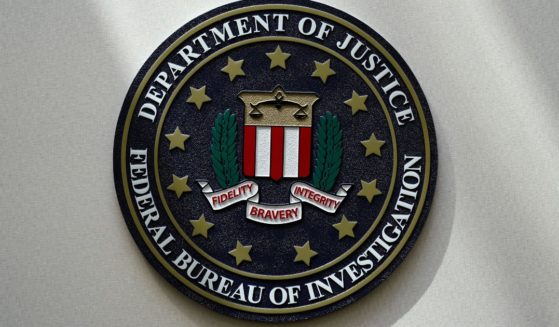Prosecution Caught Lying in Closing Argument in Kyle Rittenhouse Murder Trial
In closing arguments in the Kyle Rittenhouse trial Monday, the prosecution put up a slide saying the then-17-year-old possessed a gun he wasn’t allowed to have when he shot three men during a 2020 Black Lives Matter riot in Kenosha, Wisconsin.
Problem is, on Friday the judge dismissed the charge that Rittenhouse — who is pleading self-defense — was in illegal possession of the gun.
Rittenhouse prosecution lies on the first slide of his closing argument
Gun charge was dismissed pic.twitter.com/j837NrH7vU
— Kyle Hooten (@KyleHooten2) November 15, 2021
But the prosecution made sure the jury saw a slide that said Rittenhouse “killed 2 unarmed people and severely wounded a 3rd person with an AR-15 that he knew he couldn’t have.”
An AR-15 he knew he couldn’t have? Says who?
Not Wisconsin law, which, according to Section 941.28, only prohibits minors from possession a “short-barreled” rifle or shotgun. Rittenhouse’s weapon was not short-barreled.
Also, Section 29.304 limits gun possession by minors only to those under 16, and that is within the context of hunting, which is not relevant to the Rittenhouse case.
There’s a lot of hot takes about how 17-year-old Kyle Rittenhouse was too young to open carry a rifle in Wisconsin
This @journalsentinel piece states it as fact, and plenty of other people have too
I’m pretty sure everyone has it wrong
Threadhttps://t.co/sdejG3afw9
— Will Chamberlain (@willchamberlain) August 27, 2020
It’s no wonder Judge Bruce Schroeder — who admitted the law was confusing even to him — dropped the weapons charge and eliminated what might have been a possible conviction by the jury.
But why would the prosecution show the slide saying Rittenhouse had an illegal weapon?
Were they trying to pull a fast one?
It wouldn’t be the first time, given prosecutor Thomas Binger’s trick last week of letting the jury know Rittenhouse refused to talk to police following arrest, which any first-year law student or viewer of “Law and Order” reruns knows is his right.
Schroeder went ballistic on that apparent attempt by Binger to bias the jury, and the defense already has accused the prosecution of attempting the throw the case in order to get a mistrial.
It seems such basic courtroom fouls are attempts to try to unethically telegraph things to the jury that they are not being called upon or allowed to consider.
Trial lawyers have the obligation to be vigorous in their advocacy — prosecutors for the state, defense lawyers for the accused.
But all must retain the objective of seeking justice based upon law, precedent and established rules.
The conviction or acquittal of any charges against Kyle Rittenhouse must be based upon what has properly been presented in the courtroom, not by prosecutorial tricks or threats of civil unrest stemming from what some deem an unacceptable verdict.
As we watch the corruption of so many institutions — education, media, government, public health — it is important to retain the image of Lady Justice with her blindfold and scales.
And that is true no matter what one believes about the innocence or guilt of Kyle Rittenhouse. That’s especially true for the 12 jurors.
They must focus only on the evidence and testimony regarding the formal charges against Rittenhouse and his claim of self-defense.
He’s charged, among other crimes, with first-degree reckless homicide of Joseph Rosenbaum, first-degree intentional homicide of Anthony Huber and attempted first-degree intentional homicide for wounding Gaige Grosskreutz.
Truth and Accuracy
We are committed to truth and accuracy in all of our journalism. Read our editorial standards.

